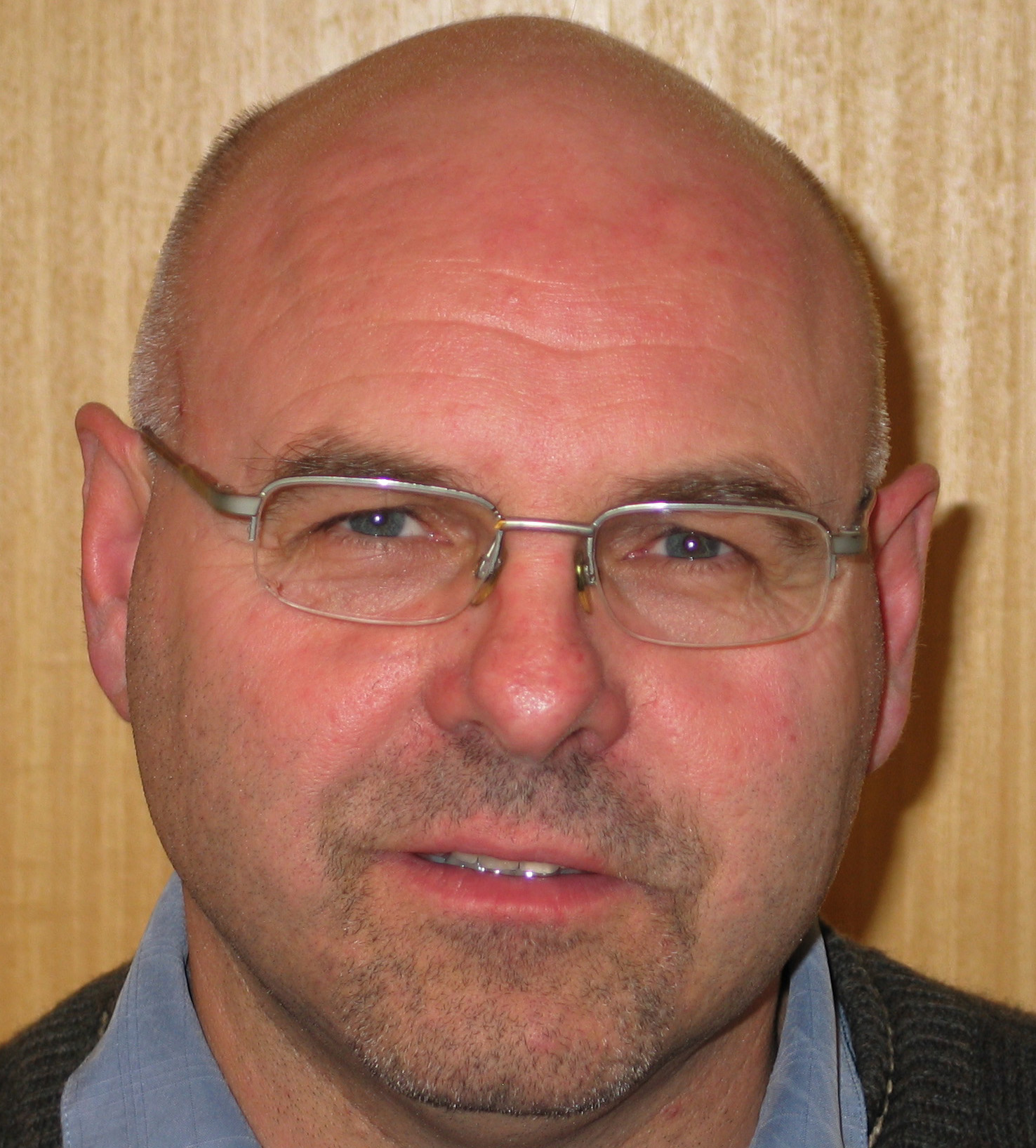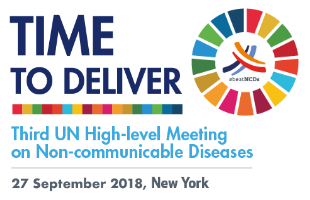FORUT Norway:
UN High-Level Meeting on NCDs misses the target
“We are quite concerned by the lack of progress in addressing the NCDs and their risk factors, including alcohol, in a serious way, comments FORUT after the closing of the United Nations High-Level Meeting on NCDs in New York.
In late September Heads of States, Ministers of Health and other representatives of UN Member states gathered in New York for the third UN High Level Meeting on Non-Communicable Diseases (HLM). The UN was also filled up with civil society advocates and lobbyists from the private sector. The Political Declaration passed in the meeting had been negotiated over weeks and months preceding the High Level Section.
An Independent High Level Commission on NCDs appointed by WHO earlier this year called this opportunity the “Time to Deliver” and most observers agree that seven years after the first High Level Meeting on NCDs progress has been way below par.
 Says Morten Lønstad (picture right), Secretary General of FORUT, following the High Level Meeting: “We are quite concerned by the lack of progress in addressing the NCDs and their risk factors, including alcohol, in a serious way. FORUT aligns with the statement from the NCD Alliance and 350 civil society organisations calling on world leaders to go above and beyond the vague and unambitious commitments contained in the Political Declaration of the third UN HLM on NCDs. One notable absence in the Political Declaration is the reference to “WHO Best Buys”, including those related to harmful use of alcohol.”
Says Morten Lønstad (picture right), Secretary General of FORUT, following the High Level Meeting: “We are quite concerned by the lack of progress in addressing the NCDs and their risk factors, including alcohol, in a serious way. FORUT aligns with the statement from the NCD Alliance and 350 civil society organisations calling on world leaders to go above and beyond the vague and unambitious commitments contained in the Political Declaration of the third UN HLM on NCDs. One notable absence in the Political Declaration is the reference to “WHO Best Buys”, including those related to harmful use of alcohol.”
He reiterates the civil society statement that points out that the absence of strong language on implementing the Best Buys, which focus on taxation, regulation and legislation, is a glaring omission from the document. This reflects interference and undue influence of health-harmful industries over a few countries that were prepared to shamelessly block progress for all.
Alcohol is one of the four main risk factors driving the NCD epidemic and Lønstad points out that among the few contexts in the Political Declaration where alcohol is mentioned it is with a context empowering individuals to make informed choices – one of the headlines in the alcohol industry’s playbook. Another of the shortcomings of the declaration is in its invitation to the alcohol producers to contribute to reducing harmful use of alcohol and to take steps towards eliminating the marketing, advertising and sale of alcoholic products to minors.
“Self-regulation” is another of the industry playbook’s headlines that all evidence is showing is ineffective in reducing alcohol related harm, says Lønstad.
 The HLM3 is set in the context of the Sustainable Development Goals and the Target 3.4: “By 2030, reduce by one third premature mortality from non-communicable diseases through prevention and treatment and promote mental health and well being”.
The HLM3 is set in the context of the Sustainable Development Goals and the Target 3.4: “By 2030, reduce by one third premature mortality from non-communicable diseases through prevention and treatment and promote mental health and well being”.
“What is needed now is action, and unless the Heads of States gathered in New York are better at putting action before words in domestic policy than they have been in the UN negotiations the HLM will seriously miss this target”.
RELATED ARTICLES
- WHO consultation on global alcohol strategy and the way forward
- SAAPA applauds WHO position on no industry collaboration
- SAFER – a new WHO initiative to boost national alcohol policy processes
- WHO Launches Global status report on alcohol and health 2018
- Bolder actions needed to reverse the tide of NCDs and mental disorders
- New resource tool on alcohol taxation from WHO
- Civil society networks call for stronger action against non-communicable diseases
- Alcohol brought up in WHA NCD debate
- WHO Americas publishes alcohol and health report
- Integrating national policies on the harmful use of alcohol, gender-based violence and HIV

